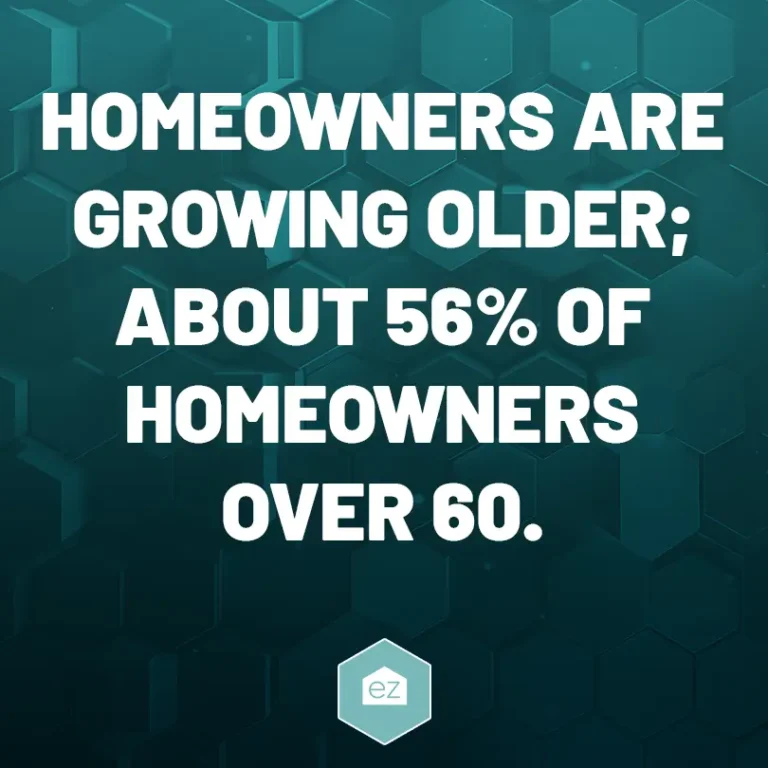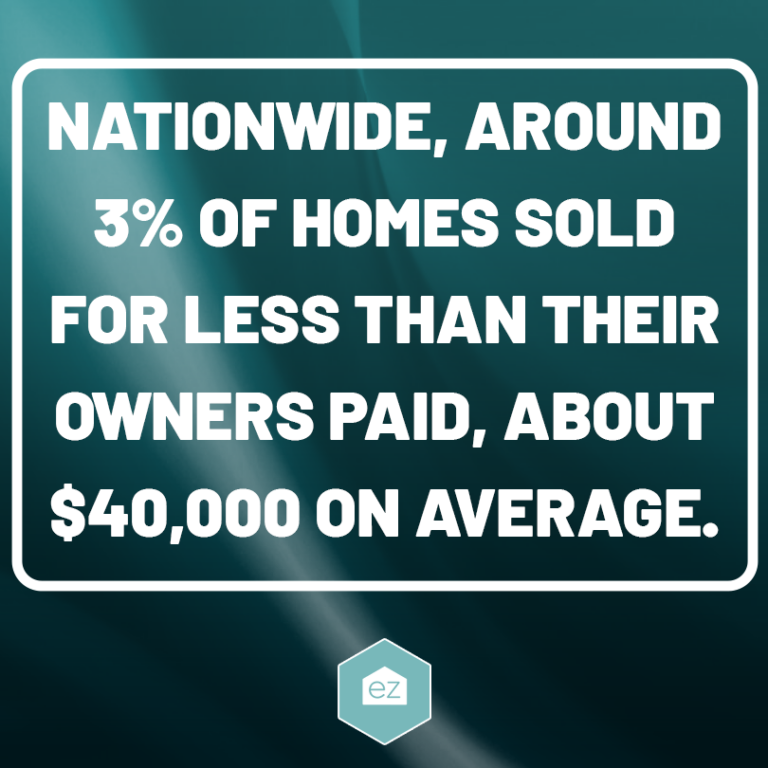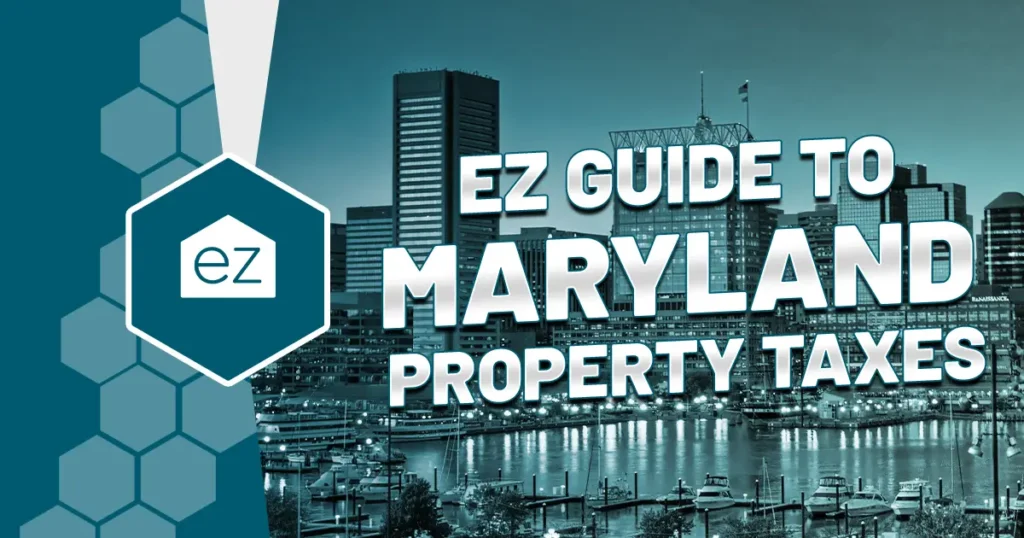Could Your Home Lose Value in 2024?
Experts predict the real estate market will shift in the coming years. While there’s no consensus on a timeline, the general feeling is that more homes will be coming to the market. A side effect of this stabilizing housing market is downward changes in home value. Learn why and where owners are at risk of losing home value.
The housing market set-up

The current market faces challenges to home affordability, which has reduced the number of buyers. Even with fewer people purchasing homes, many markets still report low inventory.
The general feeling among housing watchdogs and economists is more homes will hit the market in the coming months and years.
After all, about 56% of homeowners are over 60. Economist Meredith Whitney says chances are high that these owners will be looking to move to warmer, less expensive locales and downsize their homes.
All that, combined with the possibility of interest rates coming down to 5-6%, will spur sales activity from near-record lows.
Building wealth in real estate
Generally, buying a home is seen as a good investment. Owning real estate builds wealth through appreciation over time. The average annual rate nationwide is about 3% a year. So, someone who bought a home for $200,000 could project a home worth $268,783 in ten years. That’s adding over $68,000 in wealth simply by owning and maintaining the home.
But what happens when the market has too many sellers and insufficient buyers? The basic laws of supply and demand suggest that home prices–and, conversely, home values–need to shift down to attract buyers.
Most homes sell for at or near value, and some economists anticipate further price growth in 2024. Some even say home prices will rise by 5% nationwide.
Why some homes may lose value

However, an increasing number are selling at a loss. For 2023, higher mortgage rates stifled pricing growth. The year ended at a national median home price of $389,000, up 1% from the prior year.
Some markets saw prices decline even more dramatically. The majority are in markets that grew rapidly during the pandemic, are in major metro areas, or are seeing dramatic out-migration for economic reasons. Take Pecos, Texas, where the Lance Lambert tracker shows a year-over-year home price decline of 26%, part of an ongoing five-year trend.
San Francisco owners had the most loss, at a median of $125,000 in 2023. But nationwide, around 3% of homes sold for less than their owners paid, to the tune of a median of $40,000. New Orleans saw an 8% YOY home price decline in December 2023.
These reductions in sale prices trickle over to home values. In Texas, where major metros like Austin and Dallas-Fort Worth saw prices run up fast, a drawback caused an average $9,000 lost in home equity. New York and Utah homeowners also saw home equity declines.
How to tell if your home may lose value
Projections are just that: using existing data to predict the outcomes. But even data can’t predict everything (like pandemics and their impacts). Understanding the trends does clue homeowners if their home is poised for a loss in value. Some things to look out for:
- Rising crime rates correlate with less demand and falling home prices.
- Visual signs of decline, such as more vacant businesses or homes in the neighborhood, less yard maintenance, an increase in litter, or unruly behavior
- Poor or declining school performance, as parents pay more to place their kids in rigorous schools.
- Loss of major employers, especially if it’s a manufacturer closing or shifting its business elsewhere
- Climate change is forcing insuring to pull out of high-risk markets, causing owners to drop their home prices to sell them.
- Home values have already been declining based on recent comps.
Start Your Home Search
Preston Guyton
Share this Post
Related Articles
Real Estate Information
The Role of a Buyer’s Agent in Real Estate Transactions
Real Estate Information
Who’s Buying What? Exploring Home Buyer Generational Trends
Real Estate Information
Your EZ Guide to Idaho Property Taxes
Real Estate Information





